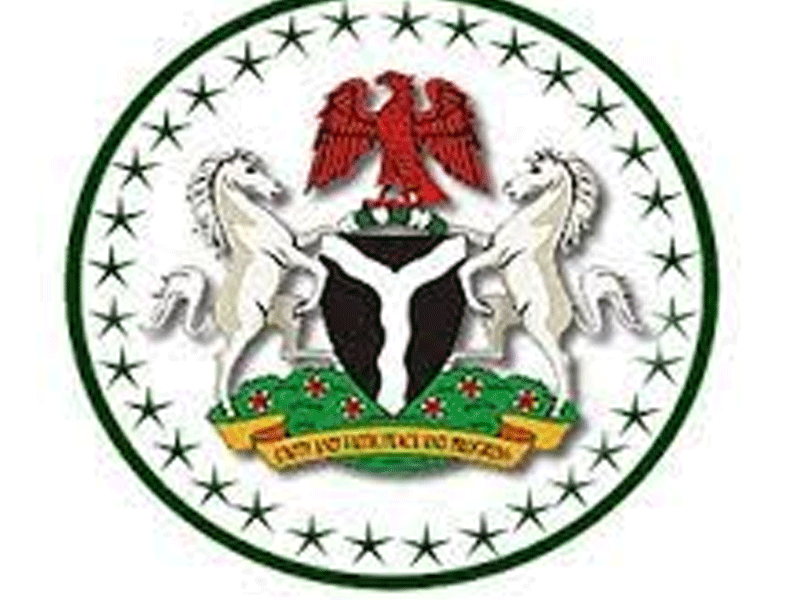The PUNCH learnt that the delay followed a disruption attributed to the ongoing migration from the Integrated Personnel and Payroll Information System to the Government Integrated Financial Management Information System.
The delay also affected Ministries, Departments, and Agencies, which temporarily lost access to their funds for various programs and projects.
The salary delay caused significant distress among civil servants, many of whom were eagerly awaiting their pay amid rising inflation and increasing hardship.
The Senior Staff Association of Nigerian Polytechnics voiced concerns in a letter to its members, highlighting the financial strain caused by the delayed payments.
The national president of SSANIP, Philip Ogunsipe, emphasized that timely salary payments were critical for workers’ survival, especially in the current economic climate.
“Timely salary payments are not just essential, but critical for the sustenance of our members and their families,” Ogunsipe wrote.
“This unwarranted delay has imposed severe financial hardships, further exacerbating the already difficult living conditions faced by Nigerian workers.”
The union attributed the salary delay to the transition between payroll systems in Nigeria’s tertiary institutions, specifically from IPPIS to GIFMIS.
Confirming the payment, a senior director in the Federal Ministry of Defence told our correspondent, “The salary came in this morning after quite a number of days. Some of us were contemplating staying home because the delay had become too much.”
A teacher in a government school also confirmed receiving her salary.
“I can confirm that my salary came in on Monday morning around 11 am. It took restraint on my part not to go borrow money, as we’re already in the second week of December. The government should always consider its workers in times like this,” the teacher said.











